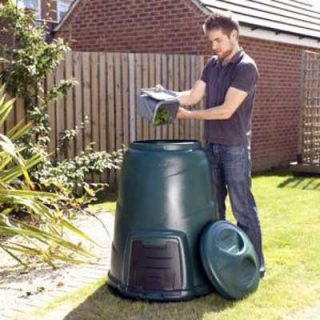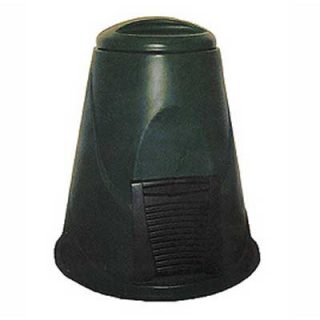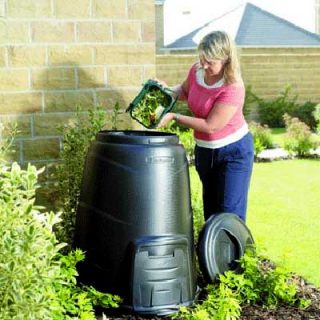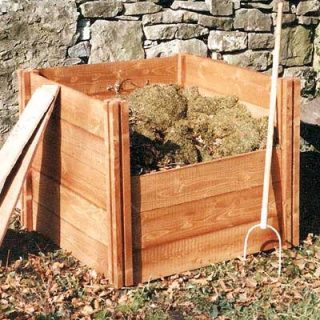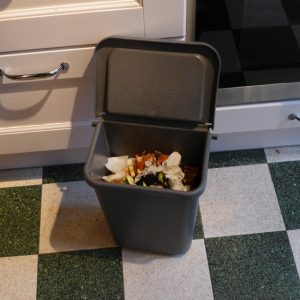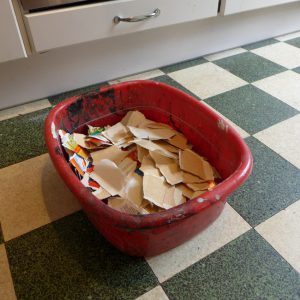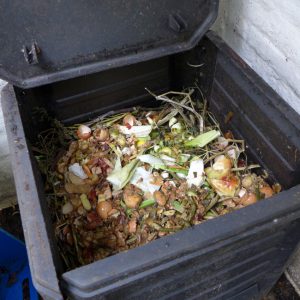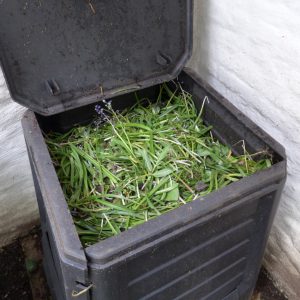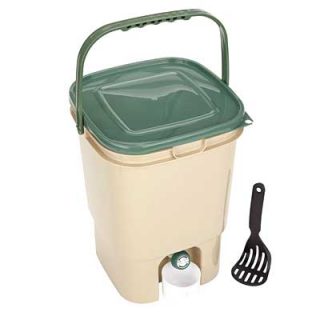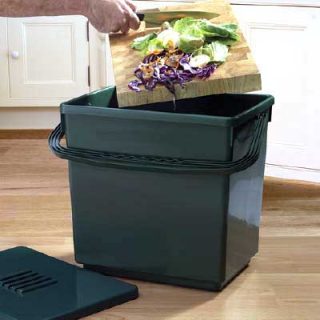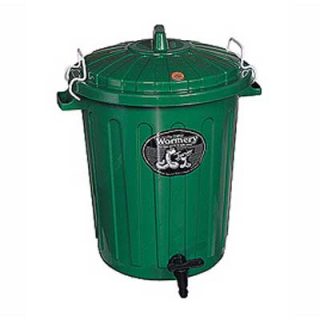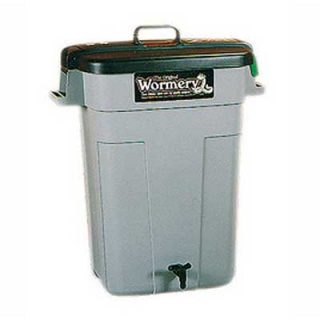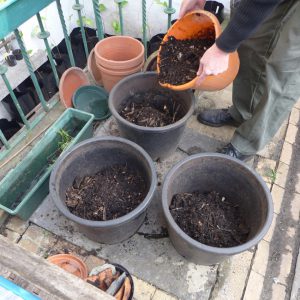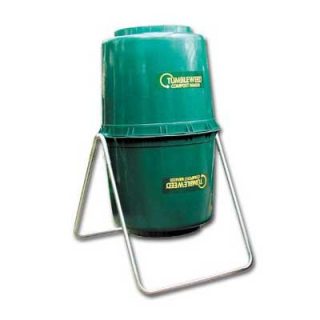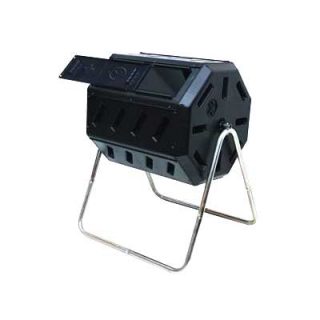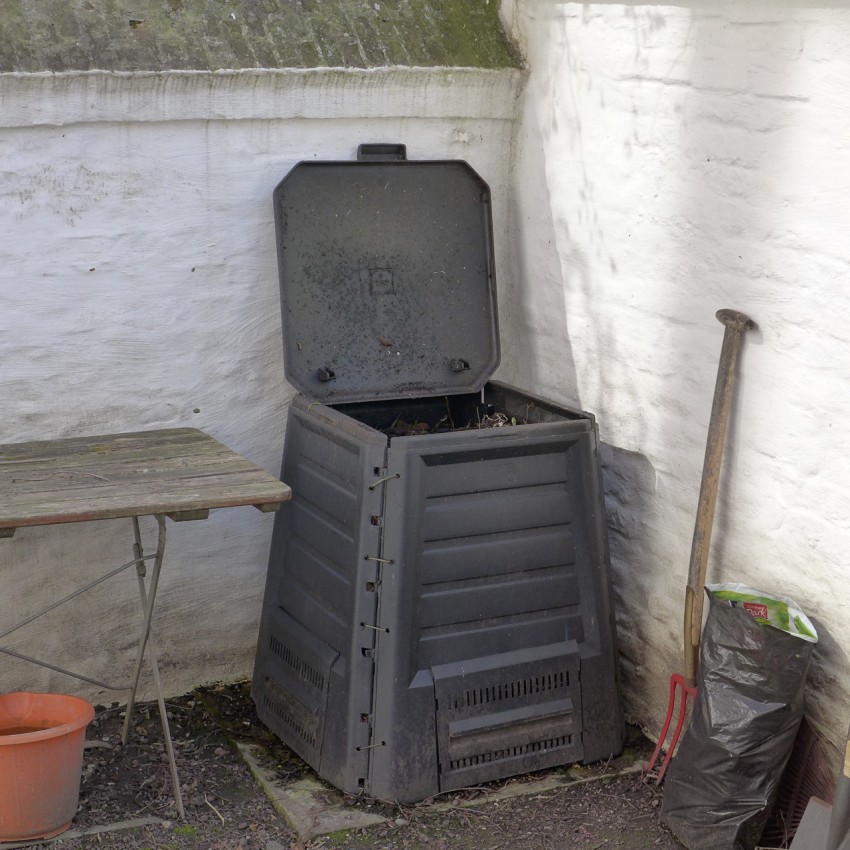
Every garden should have a compost bin. Not only does it provide rich soil for adding to the garden it also helps a household reduce the amount of useful organic material going to landfill. Cities across Europe now have programmes to support people establish household compost systems.
Garden compost bins come in various shapes and sizes. The closed plastic box systems are best for small city gardens. These have the capacity to meet the needs of an average household over a year.
The basic ingredients for making good compost include all kitchen vegetable waste, all garden waste, most paper and cardboard, tea leaves and coffee grounds. Meat and cooked waste require “hot composting,” where the compost pile reaches a higher temperature. For simple composting these are best avoided.
The basic procedure for making compost is a layering system of the different ingredients. A garden compost bin can have many such layers which are then turned over and mixed on a regular basis. This organically rich material is an excellent natural fertiliser for gardens.
There are now a whole range of small scale composting systems designed for use indoors. These enable people without gardens to compost their domestic organic waste in the kitchen or on a balcony. These systems are odourless and efficient and produce good quality soil for containers and pots.
City residents can also get involved with local community composting schemes. In Brussels, the organisation WORMS ASBL works with Brussels Environment to promote all levels of compost making from the household to the neighbourhood. They operate free compost training workshops, organise community compost sites and support the creation of other organic waste collection schemes around the city. Grants are available for the purchase of compost bins.
(wormsasbl.org)
(bruxellesenvironnement.be)
(brussels.be)
(brussels.be)
